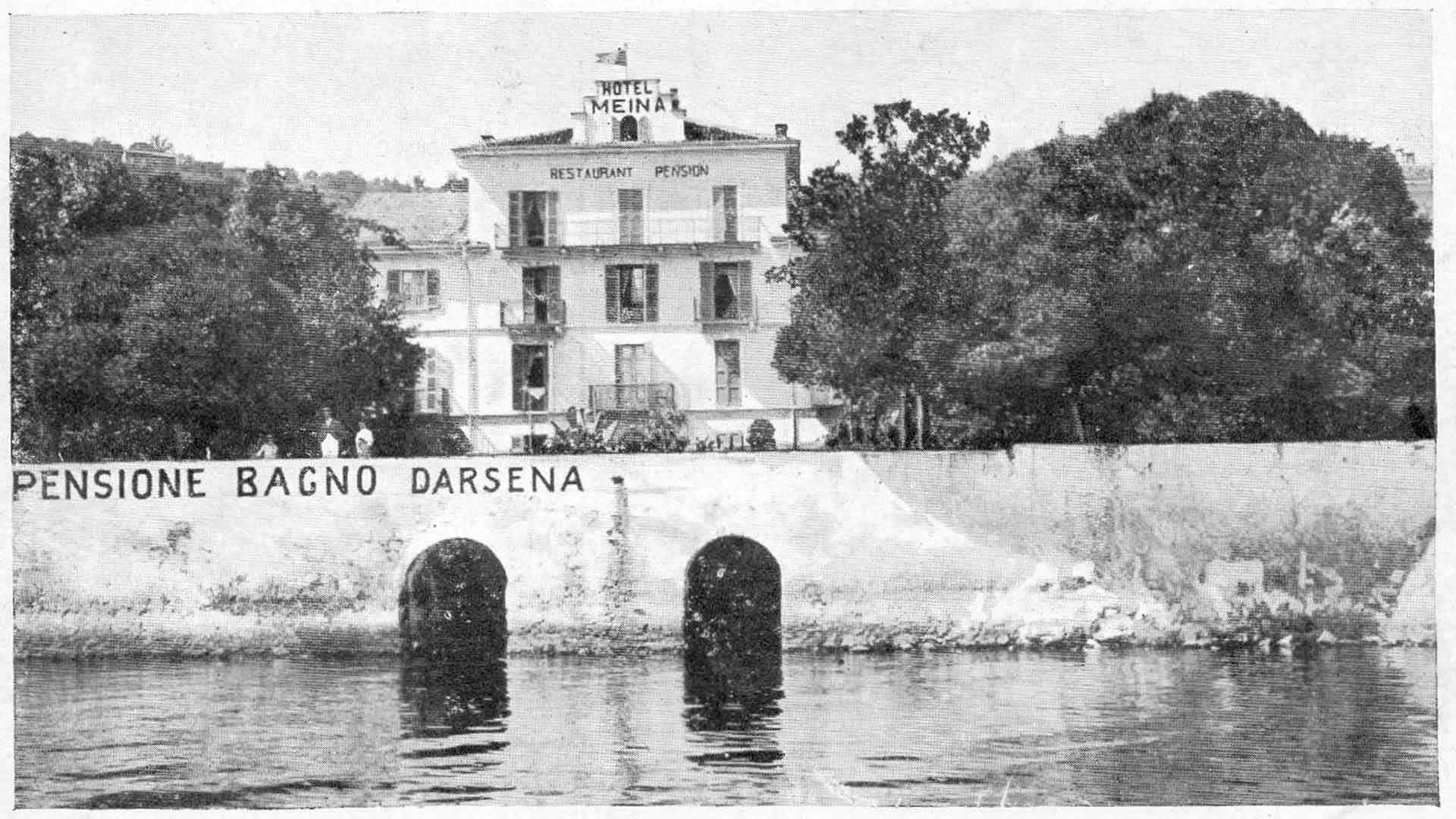
HOTEL MEINA
The story of an event, a necessity, a museum and three lives. The massacre of the Hotel Meina, a bitter memory associated with three key figures in Brera’s history and the need not to forget.
The first intentional massacre of Italian Jews, a tragic example of Hitler’s “final solution”, took place in Meina, a small village on the Piedmontese shore of Lake Maggiore, on 22-24 September 1943. This horrific event is closely linked to three key figures in the history of Brera and its Pinacoteca: Fernanda Wittgens, Gianni Mattioli and Aldo Bassetti.
This story makes it morally incumbent upon us to remember the past so that it is never repeated and, above all, to highlight the way in which people, regardless of their social background, always prove capable of standing up to the onslaught of racism, intolerance, and the hatred of others. The Pinacoteca di Brera, while it is now and is going to continue to be contemporary, is called on ceaselessly to bring the past into the present in the awareness that only by so doing can it help to forge the future.
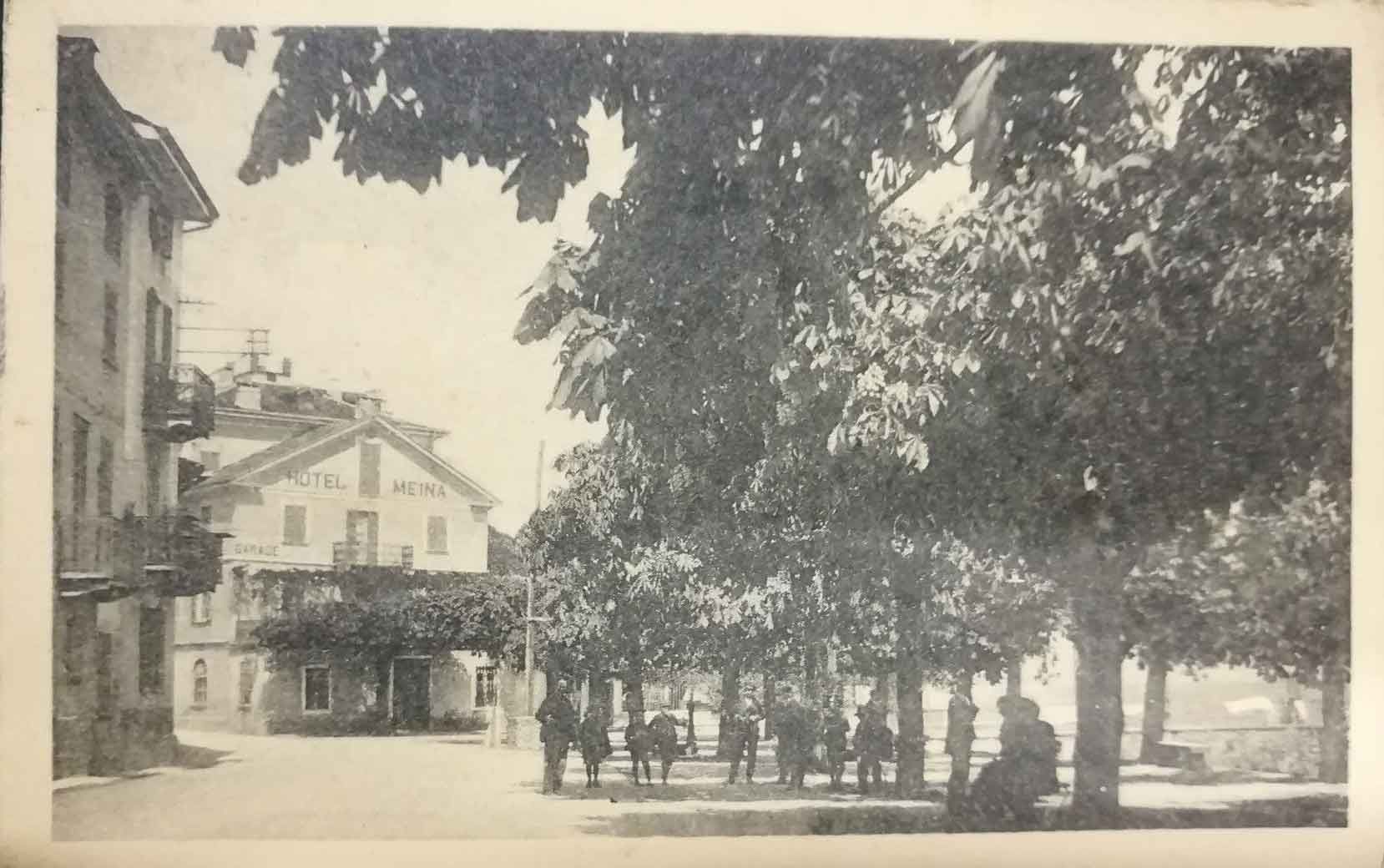
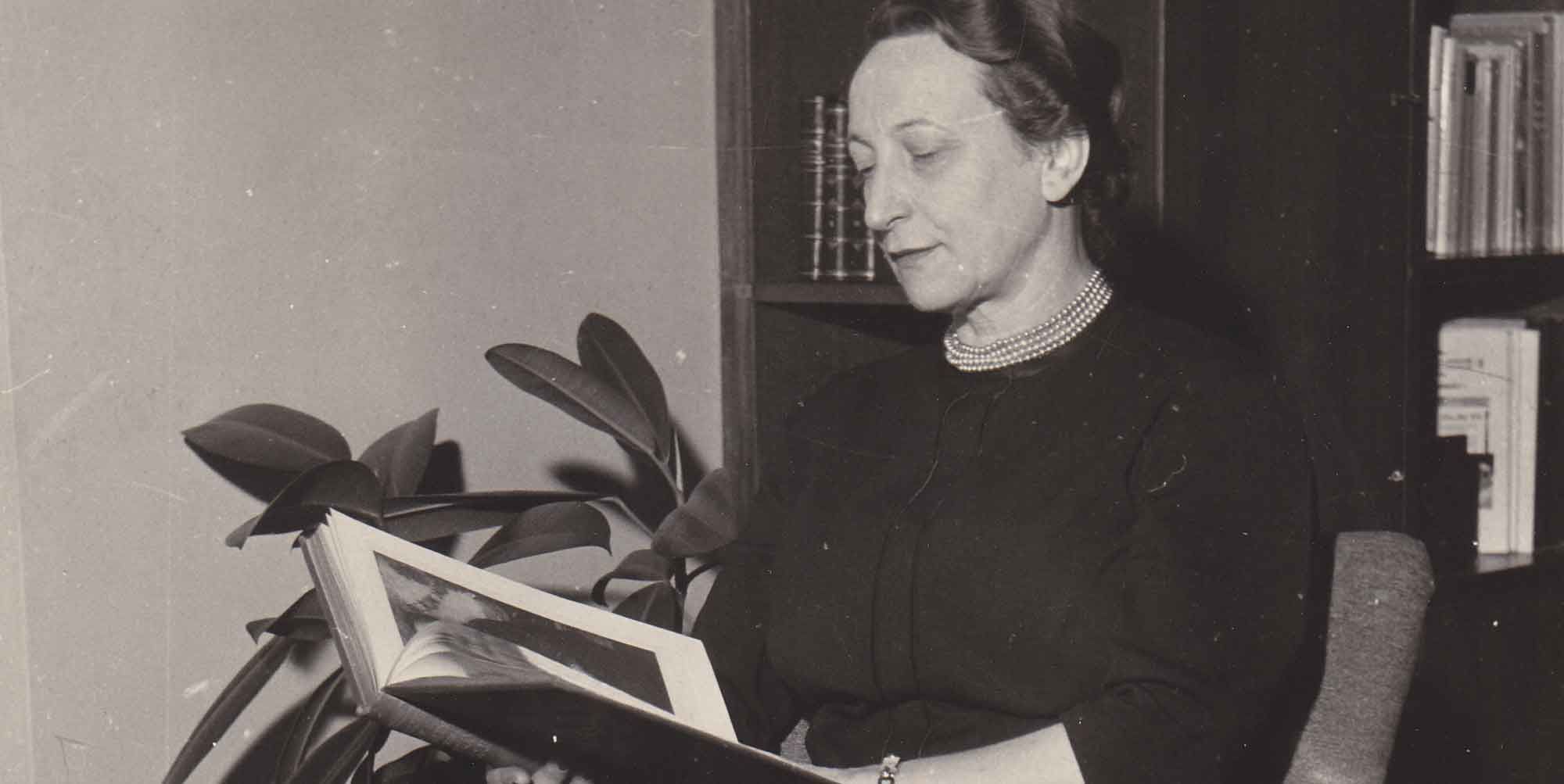
Fernanda Wittgens (1903-1957) was the Pinacoteca di Brera’s first woman director. In the early 1940s she replaced her mentor, Ettore Modigliani, who had been dismissed because he was Jewish, in compliance with the Racial Laws of 1938.
From the very early years of the Fascist regime coming to power, Fernanda displayed a lucid awareness of the seriousness of the moment in history that she was living through and adopted a political position of unambiguous opposition to fascism. She personally organised not only the transfer of Brera’s art heritage to save it from Nazi looting but also, in fact above all, she helped relatives, friends, Jews and other victims of persecution to leave the country.
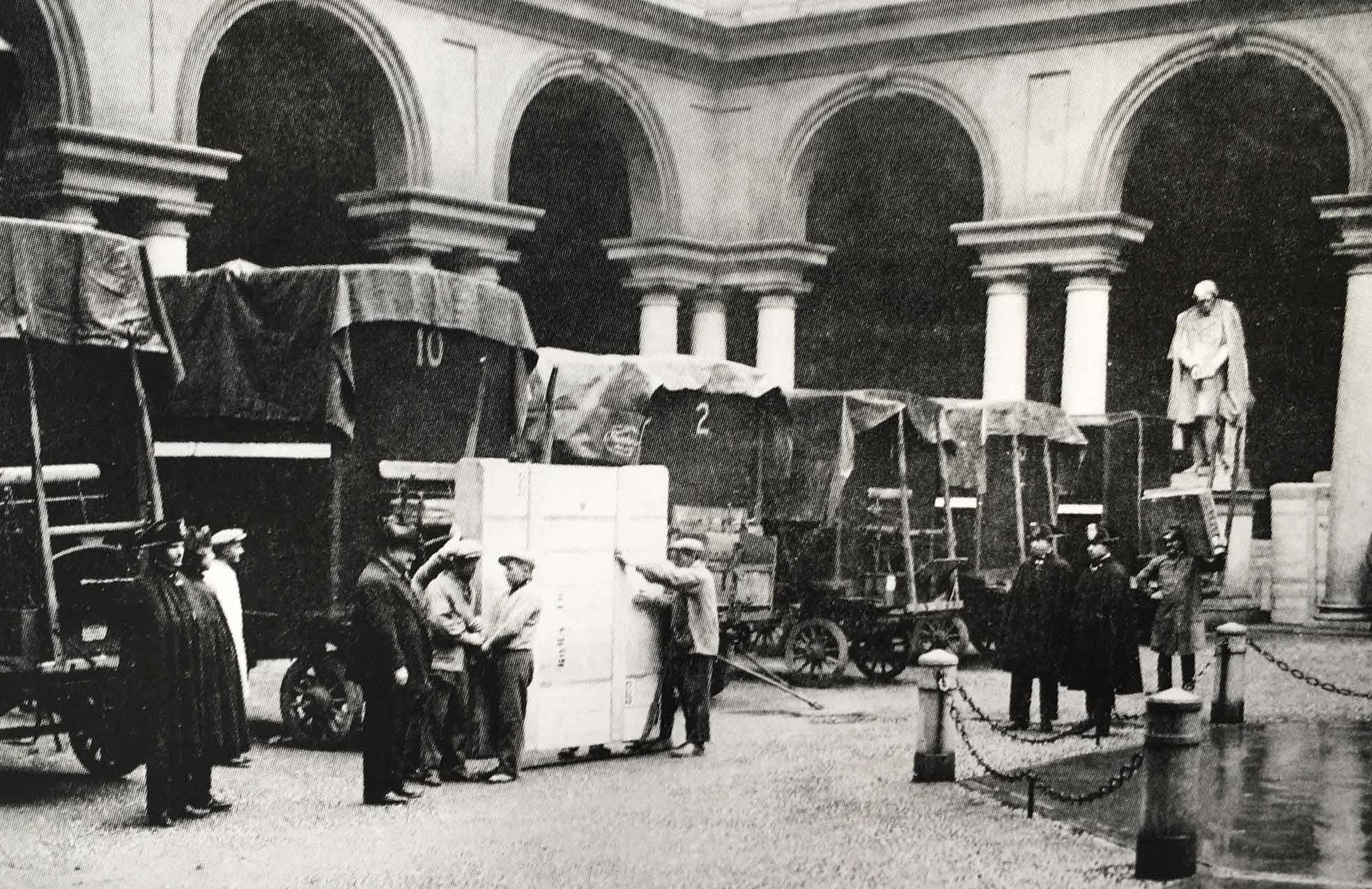
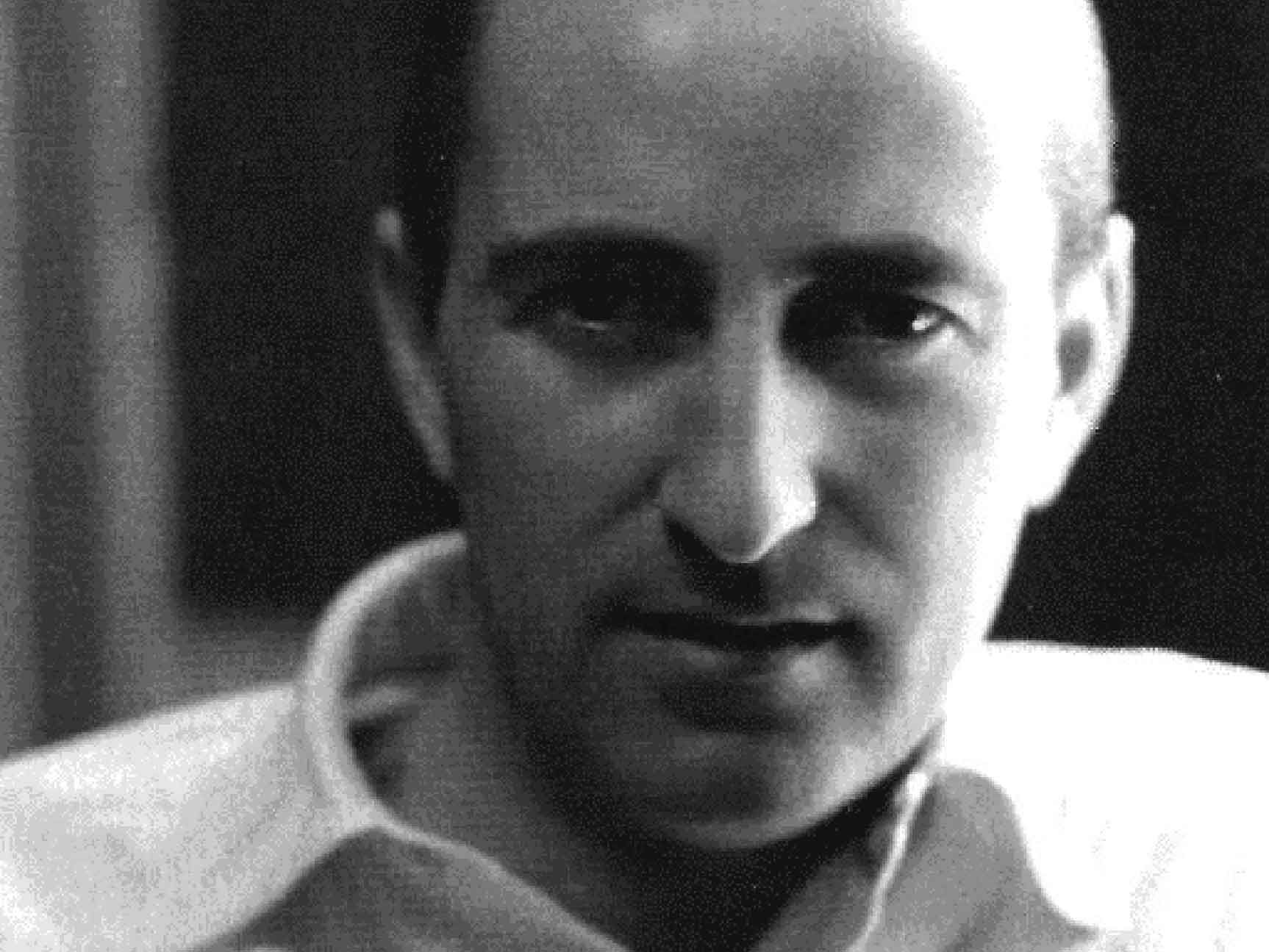
She was actively assisted in her courageous attempts to come to people’s aid and rescue by her cousin and contemporary Gianni Mattioli (1903-1977). Mattioli shared a number of significant moments in her education as an intellectual and collector, in the context of a relationship which his daughter Laura Mattioli has described as “intense and special”.
When Giovanna Ginex’s book Sono Fernanda Wittgens. Una vita per Brera [I’m Fernanda Wittgens. A life for Brera ] was published in 2018, Laura told this story:
1943 was a terrible year for my father. In the space of a month, he lost both parents and the air raids forced him to leave Milan and to go to his father-in-law’s home in Meina, a small village on Lake Maggiore. Starting on 15 August 1943 the SS began to comb the whole of the Piedmontese side of Lake Maggiore, locking up any Jews they found in the Hotel Meina in September 1943.
It was one of the first cold-blooded massacres in Italy. The bodies of the victims were thrown into the lake tied to stones and rose to the surface in front of the house my father lived in. The SS used a flame-thrower to burn them. The experience left a deep scar on him. […] The day after the massacre, on 24 September, my father sent Fernanda a note. He knew she was involved with some secret humanitarian association, and he began to work with her.
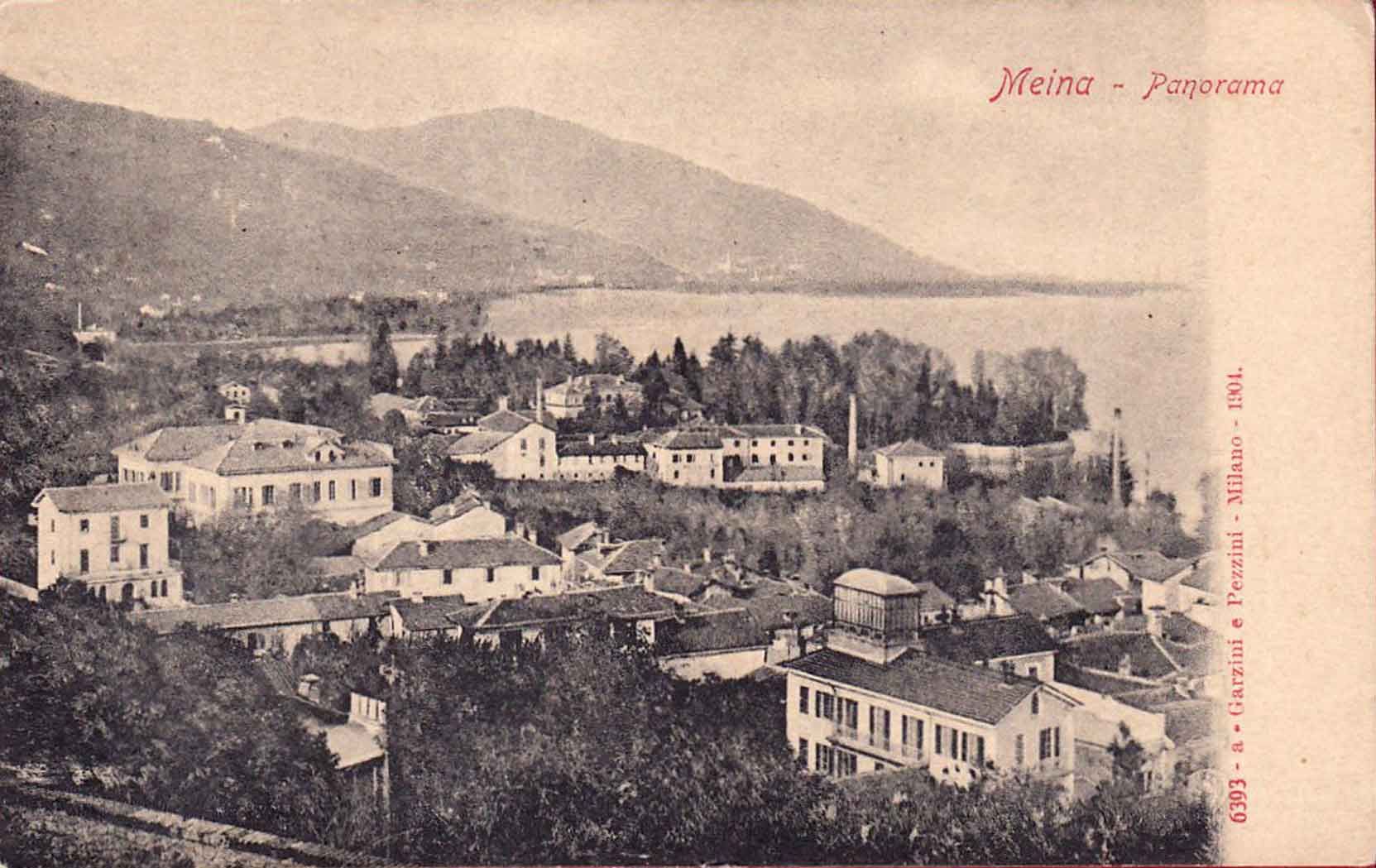
Operating from his home in Meina with his charcoal-powered car, Mattioli helped Jews escape to Switzerland, including Lamberto Vitali who had with him a painting by Amedeo Modigliani entitled Enfant Gras which was donated to Brera many years later.
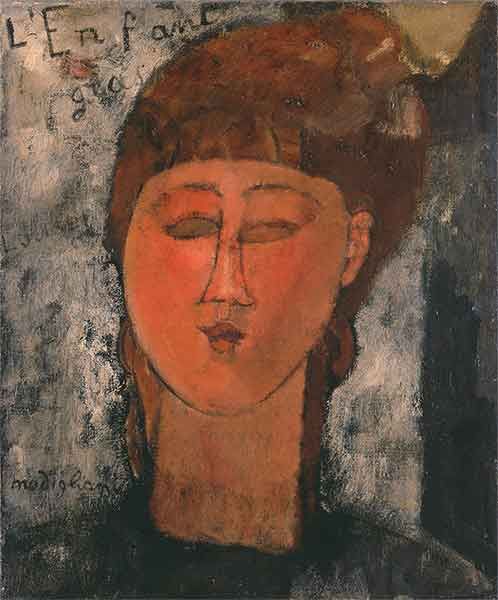
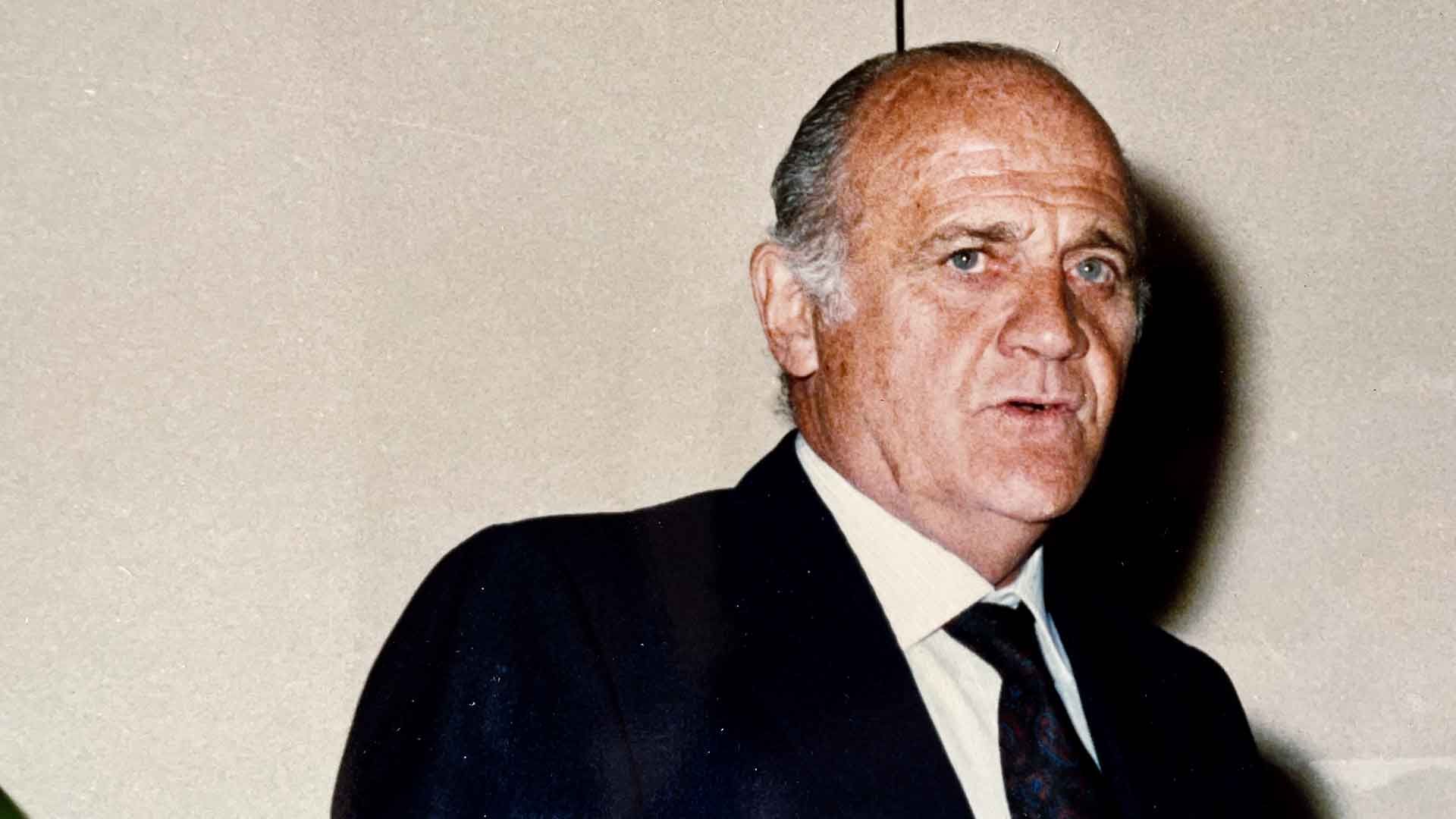
The massacre of Meina also had a major impact on the life of the engineer Aldo Bassetti (1928 – 2022), the honorary president from 2007 to 2020 of the Friends of Brera, an association founded by Ettore Modigliani in 1926.
Bassetti had a lump in his throat whenever he told his story:
When I was a child my grandfather, Alessandro Ottolini, was madly in love with the Duce Mussolini. At the table he’d shout down anyone daring to speak ill of the man. There was a blazing row in our family every time. Even my mother’s two brothers were at odds with one another. One was a die-hard anti-Fascist, while the other was a convinced Fascist who’d even taken part in the march on Rome.
Fascist ideas always won out over anti-Fascist ideas, but I tried to form my own opinion and to read up on the subject. In doing so, I became a fervent anti-Fascist.
In particular, I remember when I was 17 in 1943 there was a very important moment in my life. The SS entered a hotel in Meina on Lake Maggiore. My aunt was there along with many other Jews. They killed them and threw them into the lake. I remember with a feeling of intense emotion and anxiety the moment I got into a boat on the lake to go and check to make sure my aunt’s body wasn’t one of those floating in the water. I didn’t find her, but any hope of finding her alive vanished shortly afterwards.
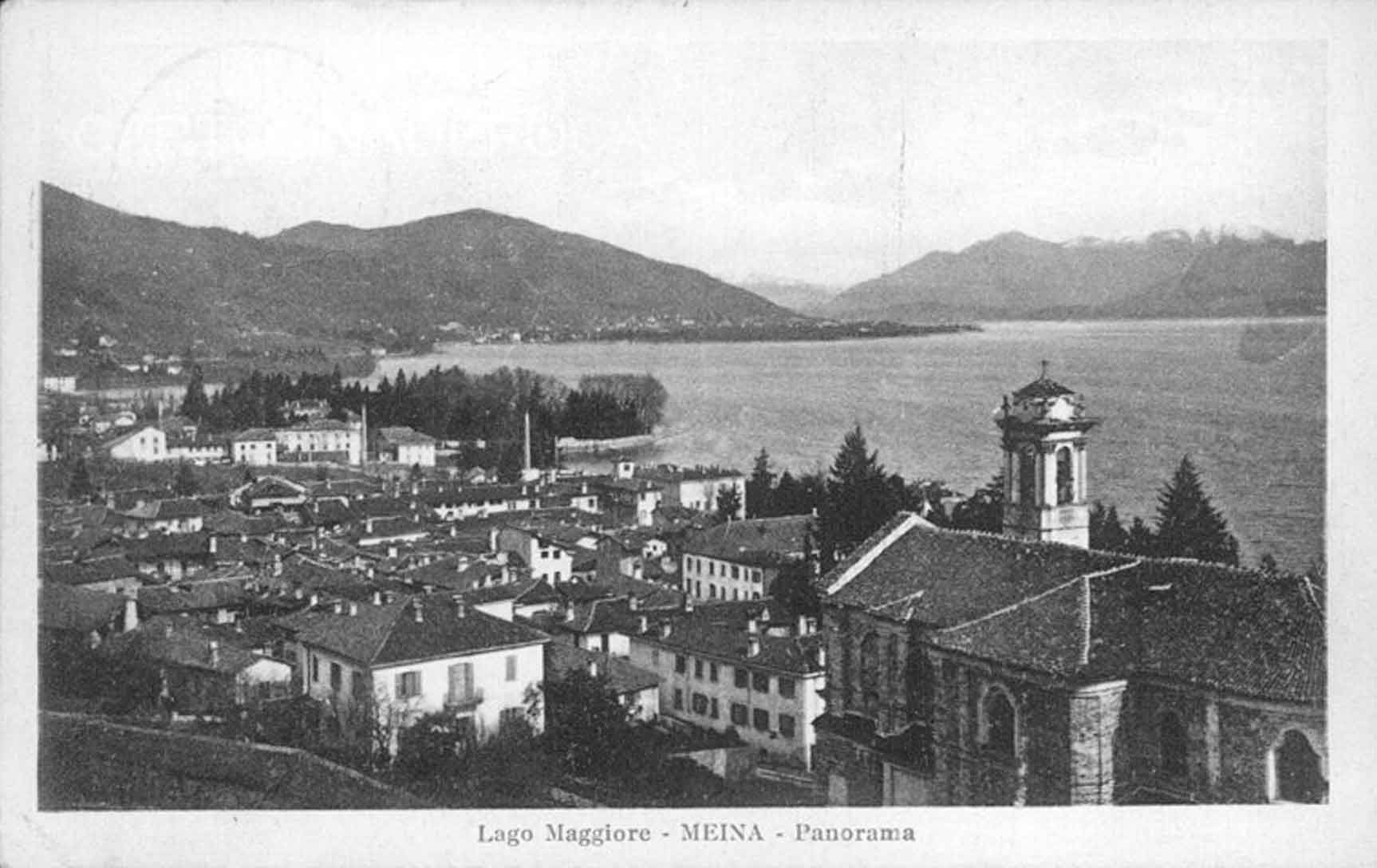
So, it was no mere chance that Aldo Bassetti bought Mario Mafai’s (1902–65) Fantasies and donated them to the Pinacoteca di Brera. Mafai, an anti-Fascist artist, produced a series of small pictures between 1940 and 1944 that Mario De Micheli called a “masterpiece of intensely lyrical and satirical expressiveness, a kind of macabre dance, the bloodthirsty, grotesque orgy of Fascism, of its party officials and its hired assassins.” He made the donation to remember and to recount what happened in history so that we can all learn lessons from it for the future – a heartfelt plea to strengthen man’s humanity against his bestial nature.
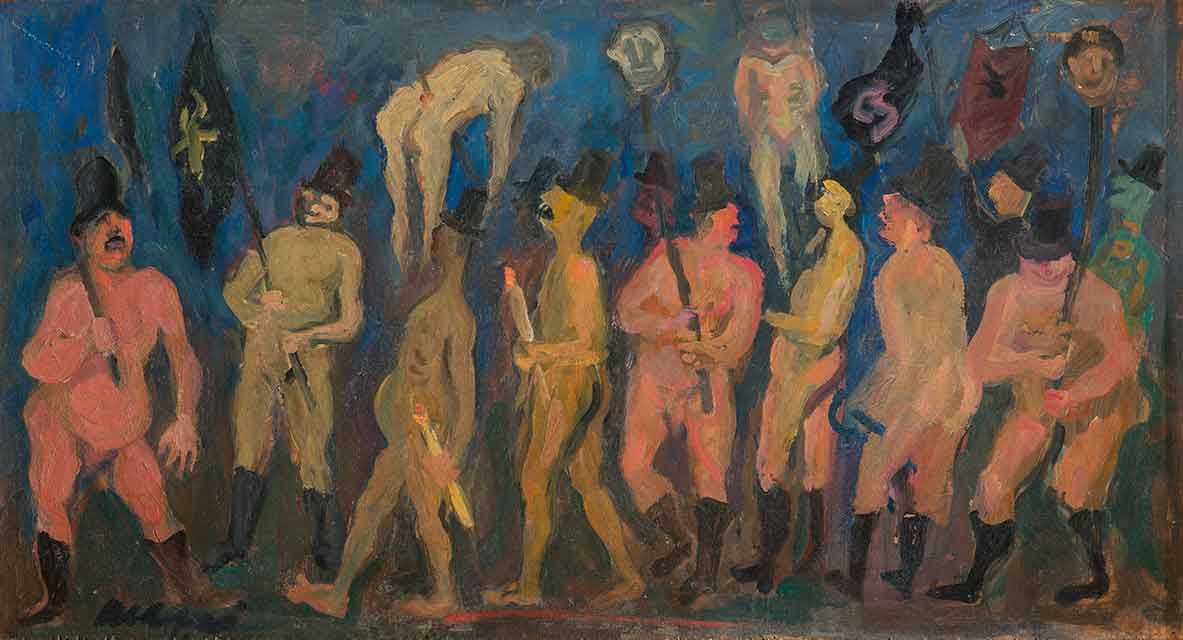
Special thanks to Aldo Bassetti, Giovanna Ginex and Laura Mattioli.
